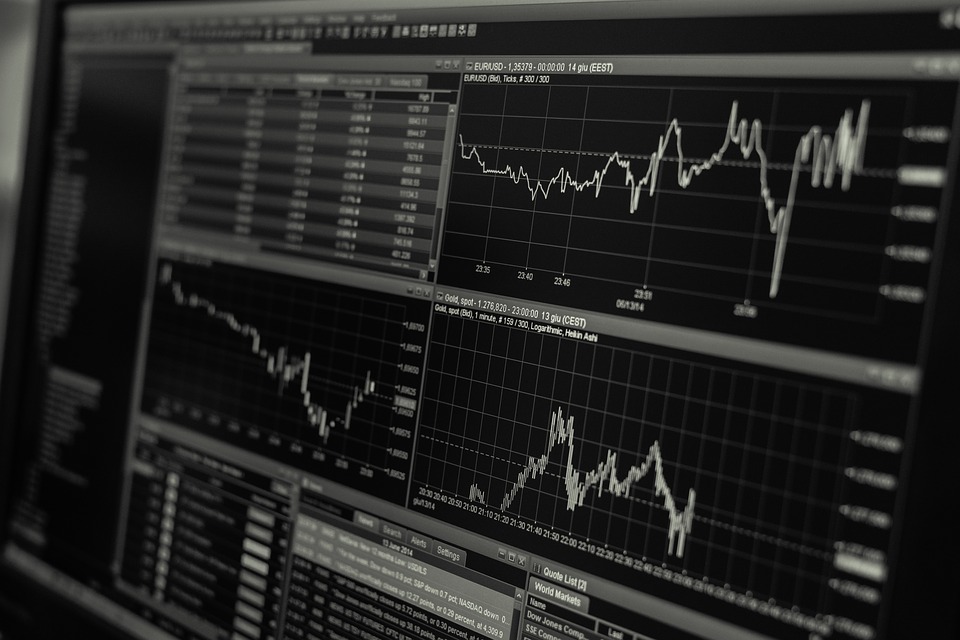Dematerialisation has gained popularity in India, and more and more financial institutions/banks are encouraging people to open a demat account. Other than the myriad features that it offers, an investor gets an easy platform to trade in mutual funds and stock market through a demat account. With a demat account, an investor can hold stocks and securities in an electronic format rather than a physical form to avoid forgery and theft.
If you are wondering what is demat account, then it refers to a dematerialised format in which you maintain your investment securities. Similar to opening a bank account wherein you put money for saving, make cheque payments etc., you need to open a demat account through which can buy or sell mutual funds and stocks.
Investment In Mutual Funds Through Demat Account
A demat account for stocks is similar to that for mutual funds. Currently, the National Stock Exchange (NSE) and the Bombay Stock Exchange (BSE) are providing a platform to investors for buying and selling mutual funds. An investor can subscribe to mutual fund units via their agents by utilising the stock exchange platform. Upon subscription, the registrar and transfer agent (RTA) or asset management company (AMC) will credit the mutual fund units to your demat account. For existing mutual fund units, an investor has to get a conversion request application from a depository participant (DP). After the necessary verification, the RTA or AMC will credit the mutual fund holdings to the demat account.
Depository Participant
An investor cannot open a demat account with a depository directly. They need to first contact a DP to open the demat account. A DP can be an organisation or an individual certified and licensed by Securities and Exchanges Board of India (SEBI).
For the purpose of buying or selling mutual funds and stocks, you not only need a demat account but also a trading account. A trading account is an intermediary between a bank account and a demat account used throughout the buying and selling process.
Every DP imposes certain fees and commission for processing an investor’s order. The charges vary from DP to DP, and some even give concessions on the basis of the number of trades conducted. Also, make sure to check the quality of the platforms and support they offer before selecting the DP.
- Account Opening Fee: This fee is charged for opening a demat account, trading account or 3-in-1 account. Based on the DP, account opening charges can range from Rs. 500 to Rs. 700. Some brokers even offer zero opening account fee.
- Transaction Fee or Brokerage: This fee is charged for buying or selling mutual funds and securities. Some DPs charge a flat fee rate per transaction and some inflate the fee based on the value of the transaction, which is subject to a minimum amount. The fee also differs based on the kind of transaction (buying or selling) for different types of transactions – delivery, intraday, F&O (futures and options) etc. Other than Securities Transaction Tax (STT) and Brokerage GST, stamp duty and exchange levy are also charged by the DP.
- Annual Maintenance Charges: This fee is paid to maintain the demat account and is charged annually in advance.
KYC (Know Your Customer)
KYC is a customer identification process, which is done to prevent any criminal activity. KYC is a term commonly used for client identification process. KYC is a one-time procedure, and once KYC is done through a SEBI registered intermediary (broker, DP, Mutual Fund etc), you don’t need to undergo the same process again when you approach another agent.
SEBI has established certain requirements associated with KYC norms for financial institutions and financial intermediaries including mutual funds to ‘know’ their clients. The form includes verification of identity and address, information about financial status, occupation, and other demographic information. For proof of identity, you can provide PAN card with photograph, voter ID card, passport, and aadhar card. You also need to give your bank account details to open a DP account. An investor applying for a demat account must be KYC compliant while investing with any SEBI listed mutual fund house.
In A Nutshell
Mutual funds are one of the most highly utilised investment instruments by both professional and novices. Investing in mutual funds through demat account is said to be one of the safest investment strategies due to the degree of diversification it offers. The possibility of investing in mutual funds has been made even more convenient with the introduction of 3-in-1 accounts that give the benefit of demat, savings, and trading account.
Investment in mutual funds through demat account is not only a convenient method of buying mutual funds units but also a very secure and safe platform. Just keep in mind a few basic tips and you will go a long way in making your demat account efficient and profitable!




